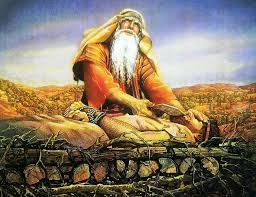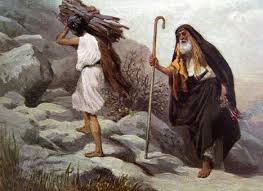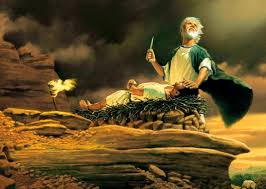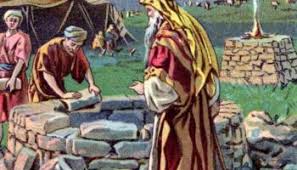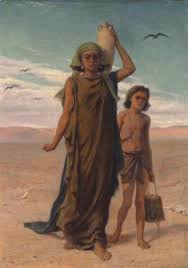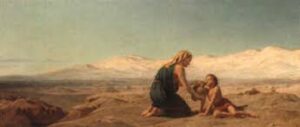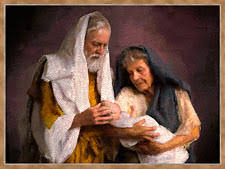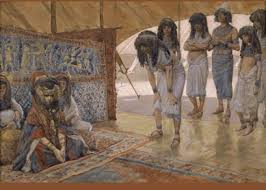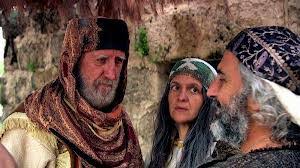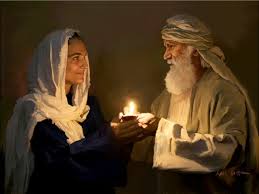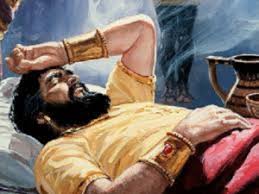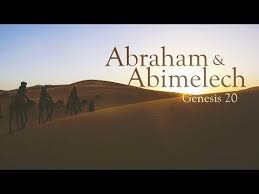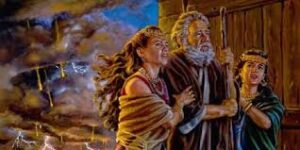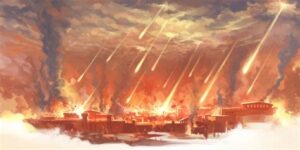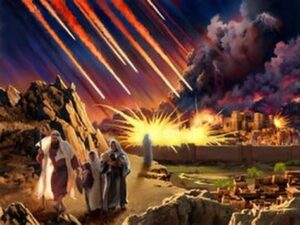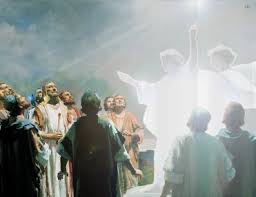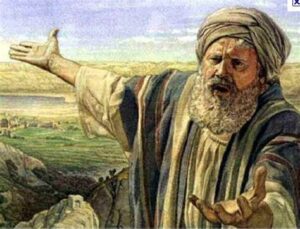Fp – The Abrahamic Covenant 22: 15-18
The Abrahamic Covenant
22: 15-18
The Abrahamic covenant DIG: How did God confirm the unchanging nature of the promise He had made to the righteous of the TaNaKh? What would be the equivalent today? What were the three covenant promises ADONAI made to Abraham? What did this promise have to do with the Gentiles? What did Rabbi Sha’ul mean when he said that God announced the gospel in advance to Avraham?
REFLECT: Does a simple yes or no characterize your faithfulness in keeping your word? When people know that you are a believer, do they look at you differently? Do they expect something different than others? Could they be stumbled by a pattern of lying? What kind of a testimony are you revealing to the world?
The Angel of the LORD called to Avraham from heaven a second time (22:15). Because God wanted to make the unchanging nature of His purpose very clear to the heirs of what was promised, He confirmed it with an oath (Hebrews 6:17). He said: I swear by Myself. This was the most solemn oath possible (Isaiah 45:23; Jeremiah 22:5, 49:13, 51:14; Amos 6:8 and Hebrews 6:13-14). In Abraham’s day, swearing was the equivalent of signing your name on the dotted line. Today we sign our name; back then they swore by something greater than themselves. They’d swear by God, or by heaven, or by the altar. But when ADONAI wants to impress on Abraham that He is signing on the dotted line, how can He swear by something greater than Himself?367
After the Fall we live in a world of lies. This should not surprise us since fallen humanity are all children of the devil – the father of lies (John 8:44b). That basic dishonesty has led people to impose oaths on others in an often futile attempt to force them to be truthful and keep their promises. Revealing this same dishonesty, the Jews not only swore according to the commandments of the TaNaKh by the name of the LORD (and sometimes violating such oaths), but also had developed the practice of swearing false, evasive, deceptive oaths by everything other than the name of God (which was considered binding). They did this for the very purpose of pretending to truthfulness they had no intention of keeping. Yeshua also condemned this practice (Matthew 5:33-36, 23:16-22).
The custom of swearing oaths was a major part of life in biblical times. It had become a problem in the Jewish congregations to which James wrote. Since swearing oaths was an integral part of the Jewish culture, Jewish believers brought that practice into the church. But such oath taking was, and is, unnecessary among believers whose speech is to be honest (Ephesians 4:25; Colossians 3:9), and whose lives are to demonstrate integrity and credibility. For believers, a simple yes or no should suffice because we should be faithful to keep our word. As a result, today we are not to swear an oath to anyone. Above all, my brothers, do not swear – not by heaven or by earth or by anything else. Let your “Yes” be yes, and your “No,” no, so that you will not fall under judgment (James 5:12). Believers are not perfect, that is not James’ point here. We may lapse into falsehood on occasion, though lying should not be the pattern of our lives.
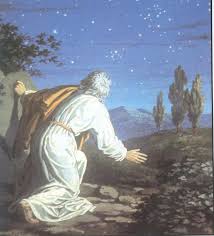
Because Abraham had not withheld his son, his only son (22:16), God then takes the opportunity to reaffirm all three covenant promises to Abraham. First He said: I will surely bless you and make your descendants as numerous as the stars in the sky and as the sand on the seashore. ADONAI had said once before that his descendants would be as numerous as the stars of heaven (15:5). However, to the naked eye, one can only count approximately three thousand stars, at the most. Therefore, the LORD’s promise might not at first seemed overly impressive, since three thousand descendants would not even make a very large nation. Now, however, He says in effect that there are as many stars as there is sand on the seashore. In addition, earlier God had told Abraham that He would make his offspring as numerous as the dust of the earth (13:16).
Then, secondly, He said: your descendants will be victorious, and take possession of the cities of their enemies (22:17).
And, thirdly, through your offspring, all nations on earth will be blessed. All these blessings were promised because Avraham obeyed the LORD (22:18). This is the last time these covenant promises are reaffirmed to Abraham (12:1-3, 13:14-17, 15:7-21, 17:1-8, and here). What offspring is ADONAI talking about here? Rabbi Sha’ul tells us that Scripture does not say “and to seeds,” as if to many; on the contrary, it speaks of one – and to your seed – and this “one” is the Messiah (Galatians 3:16 CJB). This is the fifth and final confirmation of God’s covenant with Abraham (12:1-3, 13:14-17,15:7-21, 17:1-8 and here).
Later Sha’ul would say: The Scripture foresaw that God would justify the Gentiles by faith, and announced the gospel in advance to Abraham: “All nations will be blessed through you.” So those who have faith are blessed along with Abraham, the man of faith (Galatians 3:8). When did the LORD preach the gospel to Avraham? He preached the Gospel to Abraham when He called upon him to offer his son Isaac on the altar. I think that Abraham knew more about the coming of Christ than we give him credit for. In fact, Jesus said: Your father Abraham rejoiced at the thought of seeing My day; he saw it and was glad (John 8:56). So ADONAI revealed much to Avraham, but Jesus had not yet come. We know today that He would not come for nineteen hundred years, but there on the top of Mount Moriah, where Abraham offered Isaac, was a picture of the offering and sacrifice of Messiah. Sha’ul says that God announced the gospel in advance to Abraham, and certainly it was done there.368




